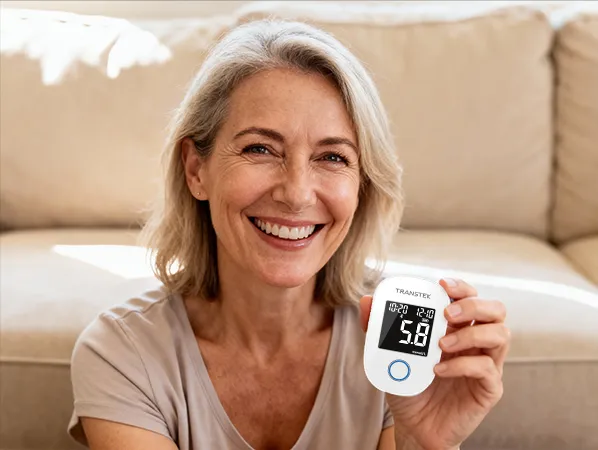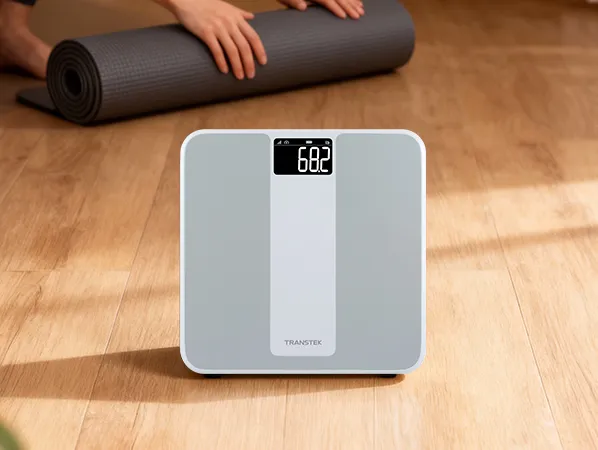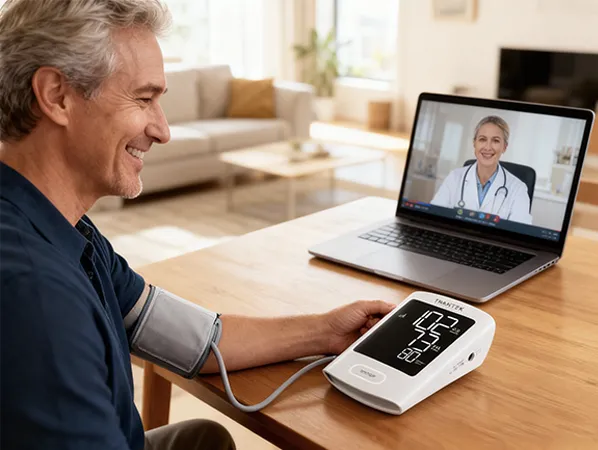
In recent years, the innovation and growth level of health wearable technology has increasingly led to its use in healthcare and clinical trial. With the relaxation of FDA regulations on responding to the monitoring requirements of the COVID-19 pandemic, health wearable technology can provide clinical researchers with greater flexibility to meet their regulatory and reporting requirements, and improve the trial process of participants.
Although mobile medicine faces challenges, biometric data collected from wearable devices can provide researchers with some qualitative and practical benefits when used in single-blind trials:
Health wearable technology in healthcare enables accurate remote monitoring of participants, digital transmission of data, no need for clinical site access, and easier to continue the trial despite unforeseen global or local crises. The real response of patients to treatment, continuous monitoring of health status, and response to investigational drugs are more objective than patients' recording of their feelings.
Health wearable technology in healthcare enables making early decisions by providing access to almost continuous real-time data. For example, researchers may modify the protocol based on the real-time response of participants to drugs. More accurate intervention is triggered by quickly alerting researchers to potential adverse events or patient non-compliance during the trial. By providing tips and sharing information to encourage patients to actively participate, so as to improve the retention rate of subjects.
Although the trial management is decentralized, the cost can be decreased by reducing the time and cost of outpatient visits and accurate and in-depth participant monitoring. Data from mobile sensors can provide researchers with additional information to demonstrate the benefits of drugs, thus finding out the potential for different research methods. By using wearable devices and other household monitoring supplies, all relevant data points can be safely collected remotely, so that the test can be carried out smoothly in any case.
As more and more clinical researchers adopt wearable health tracker, an increasing number of wearable technologies are used in trials, highlighting the challenges that need to be noticed:
Security and privacy: what are the risks of public access to private patient data?
Data accuracy and data verification: whether the patient wears the device at all relevant times during the trial without being tampered with or hindered?
Ethical issues: such as obtaining approval and ownership of the generated information.
The supply of equipment: including delivery and maintenance, which may be affected by unexpected constraints in the supply chain, and tests need to be carried out in cooperation with suppliers capable of adapting to rapidly changing environments.
Logistics issues for the effective implementation of mobile medical technology worldwide.
Although clinical researchers need to consider the impact of these challenges on upcoming trials, appropriate supply chain management can greatly mitigate the adverse consequences of remote trials. Health wearable technology in healthcare will enable the experiment to take advantage of the great benefits of remote monitoring to test participants and researchers.
+86-0760-85707780







